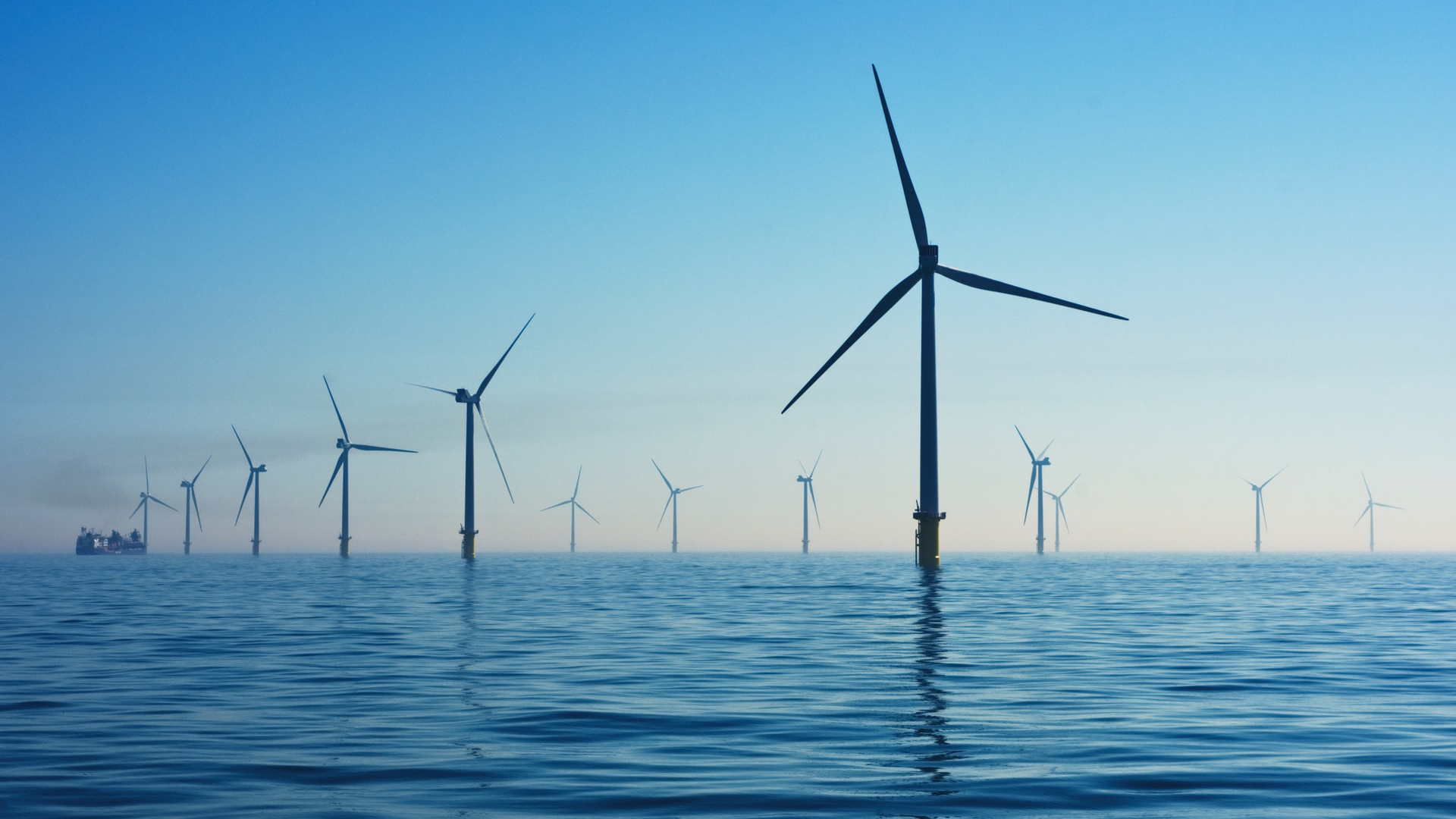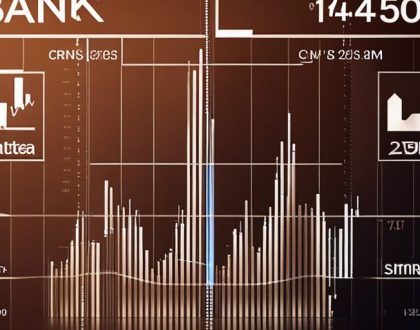Offshore Renewable Energy Plan

In a move that underscores its commitment to sustainable energy and environmental stewardship, the government of Malta has unveiled its National Policy for the Development of Offshore Renewable Energy. The policy, now open for public consultation, not only outlines strategic areas for the implementation of floating clean energy projects but also seeks to invigorate private investment within Malta’s Exclusive Economic Zone (EEZ). This landmark policy comes as a resolute step towards achieving carbon neutrality by 2050, as articulated by Energy Minister Miriam Dalli.
Malta, a picturesque Mediterranean archipelago known for its rich history and stunning landscapes, is embracing a new era of energy innovation. The National Policy for the Development of Offshore Renewable Energy is poised to revolutionize the nation’s energy landscape and pave the way for large-scale renewable energy projects beyond the island’s 12-mile territorial waters.
The identification of six potential areas for floating renewable energy projects outside Malta’s territorial waters heralds a new chapter in Malta’s sustainable energy journey. This visionary policy identifies areas known as 1 to 6, each strategically situated to harness the power of nature while adhering to stringent environmental considerations. Areas 1 to 3 are positioned along Malta’s east and southeast coastlines, while Area 4 extends to the south. On the other hand, Area 5 traces Malta’s picturesque west coast, and Area 6 finds its place to the northwest of the captivating island of Gozo.
Crucially, these areas have been meticulously chosen in consideration of various factors, such as water depth, wind intensity, marine traffic patterns, and other ecological constraints. This comprehensive approach ensures that the subsequent floating energy projects will not only be efficient and productive but also harmonious with Malta’s unique marine ecosystem.
The floating technology that will underpin these projects reflects a cutting-edge approach to energy production. With the potential to revolutionize Malta’s energy sector, floating technology leverages the vast expanse of the sea to harness renewable energy while minimizing the ecological footprint. This approach aligns seamlessly with Malta’s commitment to environmental conservation and sustainable growth.
Energy Minister Miriam Dalli emphasized that this policy stands as a testament to the government’s unyielding commitment to achieving climate neutrality by 2050. By providing a clear roadmap for offshore renewable energy development, the policy sends a robust signal to potential investors, ensuring stability and clarity in a rapidly evolving energy landscape.
Upon finalization of the policy document, the government intends to initiate the tendering process. Interested parties will be invited to submit comprehensive technical offers, encompassing critical aspects such as mooring strategies, installation capacity, project timelines, procurement protocols, commissioning procedures, operation guidelines, and decommissioning plans. Equally significant, the financial offers will include estimated budgets and bid prices, reflecting the economic viability of these transformative projects.
The tendering process is poised to bestow specific rights and responsibilities upon successful bidders within the designated EEZ areas. These rights will grant developers the authority to construct and operate offshore infrastructure, subject to obtaining requisite approvals, permits, licenses, and clearances from relevant national authorities. This approach reflects a balanced strategy that encourages private sector engagement while ensuring rigorous regulatory oversight.
It’s important to highlight that the policy underscores the continued role of Enemalta as the sole distributor of electricity. In addition, Enemalta will play a pivotal role in providing essential connection points for electricity cables. These connection points will be located at strategic sites, including the Delimara power station site in Marsaxlokk, the Magħtab terminal station at Naxxar, and the Marsaskala converter station.
As Malta marches towards a sustainable energy future, questions naturally arise regarding the timeline for implementation. Energy Minister Miriam Dalli addressed this during a recent briefing, stating that the first tenders are expected to be issued in the coming months, once the consultation phase concludes and the policy document is finalized.
In conclusion, Malta’s National Policy for the Development of Offshore Renewable Energy heralds a transformative era in the nation’s pursuit of sustainable energy solutions. By seeking public input and leveraging innovative floating technology, Malta is not only positioning itself as a trailblazer in renewable energy but also reinforcing its commitment to a greener, more resilient future.
FAQs:
What is Malta’s National Policy for the Development of Offshore Renewable Energy?
The policy is a comprehensive strategy aimed at facilitating the implementation of floating renewable energy projects in strategic areas beyond Malta’s territorial waters. It seeks to encourage private investment and sustainable energy development within Malta’s Exclusive Economic Zone (EEZ).
How were the specific areas for these projects chosen?
The areas were chosen based on a meticulous consideration of factors such as water depth, wind strength, marine traffic patterns, and environmental constraints. These considerations ensure that the projects are not only productive but also ecologically responsible.
What role does floating technology play in this policy?
Floating technology is a cutting-edge approach that leverages the sea’s expanse to generate renewable energy. This technology aligns with Malta’s commitment to environmental preservation and sustainable growth by harnessing natural resources while minimizing ecological impact.
How will the tendering process work for these projects?
After finalizing the policy document, the government will initiate a tendering process. Interested parties will submit technical offers, including project details and plans, as well as financial offers with estimated budgets. Successful bidders will be granted rights to develop and operate offshore infrastructure within the designated EEZ areas.
When can we expect these projects to begin?
According to Energy Minister Miriam Dalli, the first tenders are anticipated to be issued in the coming months once the public consultation phase concludes and the policy document is finalized. This timeline reflects the government’s commitment to swift and effective action in the realm of renewable energy development.
Recommended Posts

Discover Malta’s iGaming Hub
July 3, 2024

Spotlight on Malta’s iGaming Titans
July 2, 2024




